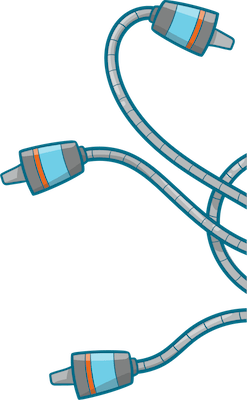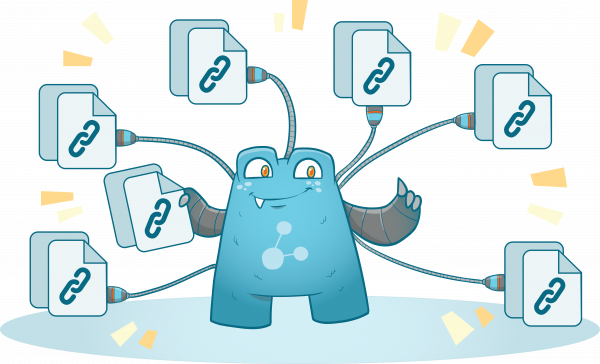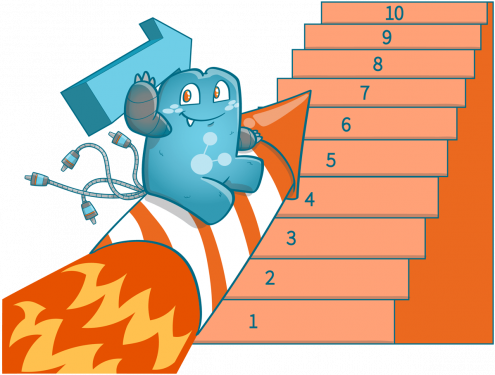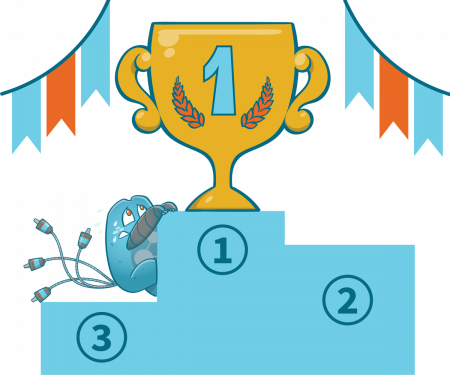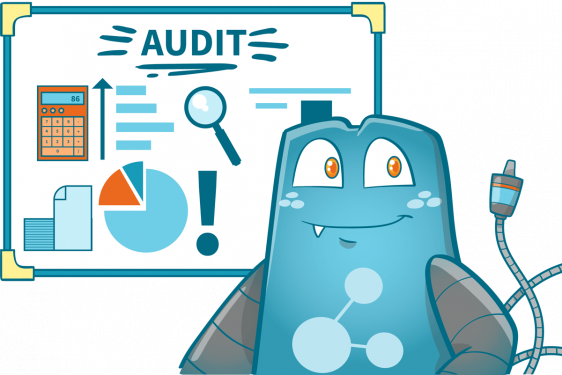Build SEO Link Profile: A Quick Guide for Web Admins

Now that you’ve crafted high-quality content that gives visitors all the information they need and that search engines can easily understand, you’d have to start to build SEO link profile for your website. You must do this since outstanding content alone isn’t enough to have your pages rank high in search engine results pages.
To ensure that you outrank all your competitors, you must ensure that you establish authority in your respective industry. One of the most effective ways in building authority is through a strong SEO link profile and branding that fulfills all the needs of your target audience.
External and Internal Links: Your Link to Success
Links and high-quality content are among the major factors that bring up a site’s content to the top of search rankings. That is why search engines like Google tend to keep a close eye on these two whenever grading the important pages of a website.
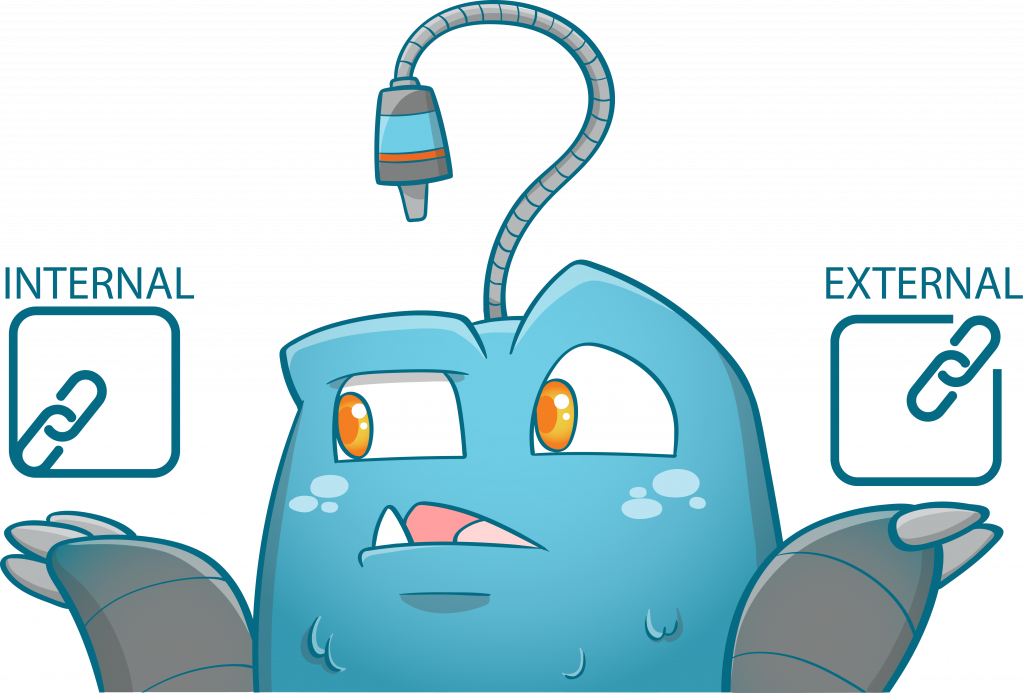
Types of Links
- Internal Links
Internal links are what connect internal pages within the same domain. One of the primary purposes of internal links is to help users find pages within the site that pique their interest. Aside from this, internal links also help search engines index all your important pages and fully understand the relationship between all your pages.
Using internal links, you can signal search engines on what your most important pages are. The trick to do this is to point as many internal links to the important pages in your site so they get the right amount of attention from search engines.
- External Links
External links, also known as backlinks are links found all over the internet are links that connect web pages under different domains. The thing about external links is that they act as a vote of approval/popularity from other sites.
When other websites link to your site, it means that they deem your pages trustworthy and credible. It also shows that they are comfortable leading their visitors to your site since you offer high-quality, valuable content.
However, not all external links are beneficial for your site. And mind you, search engines have the ability to grade the links you receive from other sites. When authoritative, relevant sites link to your pages, search engines will deem the links as high-quality. But if your site receives links from spammy sites, search engines won’t give much value to the external links.
To let you understand the concept behind external links, here is an example. Imagine going to a new city and you’re planning on getting lunch. Since you’re just visiting, you don’t know the best restaurant in town. So, what you did was ask 5 random people what the best restaurant was, and they all recommended, “Mr. Seafood, down this street.” You would feel confident that Mr. Seafood is the best restaurant in town.
With that in mind, you can consider the 5 random people as different sites and their recommendation was an external link to the site (Mr. Seafood) they give a vote of approval on.
Expert. Authoritative. Trustworthy.
Through the years, search engines have become more sophisticated in viewing external and internal links in a website. They now use algorithms that grade links according to the famous concept of E-A-T.
- Expert
This refers to how ‘expert’ the site is in its chosen industry. When a site publishes articles, the information should be credible and it should be backed by the credentials of the site owner or their writers. However, search engines consider ‘everyday experts’ an exception.
People who have personally experienced a life event in specific topics may be considered as an expert in that field—even without formal training or education relevant to the topic. Remember though that this doesn’t hold for YMYL (Your Money or Your Life) content.
- Authoritativeness
An authoritative link brings value to your pages. Search engines often give more value to external links that come from sites that search engines consider authoritative. However, getting an authoritative link is hard to get, especially the ones that come from government sites, education sites, news sites, and other similar websites.
Sites with domain extensions like .gov and .edu sites tend to be more authoritative as compared to average websites. You might think that authority only comes from the types of pages stated above. However, that is not the case. You still need to consider the nature of the sites where links come from.
A good example of this is sites like Adidas or Nike. These sites are very authoritative in the field of sports apparel and equipment. So if your site sells products related to sports and they link your site, the external link is considered as a very authoritative link.
- Trustworthiness
This one’s easy. Gaining trustworthiness means that people all over the internet trust the content you provide since they have information that is true and accurate. Trustworthy content contains information backed by research.
You must ensure that these three characteristics should be present in your site to ensure that your pages don’t end up getting graded as low-quality and be at the lower parts of search engine results pages (SERPs).
A site that is considered expert, authoritative, and trustworthy is hard to build, but all your efforts will be worth it. This is because ensuring that these three are consistently present on your site will make it future-proof.
Build SEO Link Profile
Your SEO link profile is the overall quality of all the external links linking to your site. The grade of your link profile highly depends on the number of links, their quality, their diversity, and more. Your link profile needs to be excellent since it is what search engines use in understanding how your website relates to other sites on the internet.
A site with a weak link profile means that the links on the site are spammy, low quality, or the number is unreasonable. So addressing these issues is important when trying to improve the quality of your link profile.
What Qualifies as a Healthy SEO Link Profile
When the news about links and their effects on rankings came out, a lot of people started manipulating links for their benefit. They’d go beyond natural linking strategies and resort to artificial link-building practices just to improve their search engine rankings.
While blackhat link-building tactics sometimes work, they violate the terms of service of Google. When you get caught, your site might be penalized and it will be deindexed (removal of web pages or the domain itself from search results).
Your site has a healthy link profile if search engines find that you’re constantly earning links and authority fairly.
The primary foundation of acquiring links is through high-quality content that other sites wish to reference. That is why crafting tons of high-quality content is essential. If you’re providing interesting and valuable content, people will naturally link to them.
Things to Avoid To Keep Your SEO Link Profile Healthy
Link Exchanges
There are instances where a site owner will contact you and tell you that if you link to them, they’ll also link to your site. This isn’t a bad thing, but Google strongly suggests you should take caution when engaging in link exchange and other similar programs that promote this practice.
Excessive links from sites that aren’t affiliated or relevant to your site may trigger a signal that might get your site flagged as spamming links.
This practice is acceptable in some cases like when linking to sites you work with, partner with, or under the same industry as you and share a high degree of relevance with.
Purchased Links
Popular search engines often seek to discount the power of paid links in their organic search results. Since search engines have intelligent algorithms, they can tell patterns that can detect foul play (buying and selling links) where links have been involved.
If a search engine finds that a site bought or sold links, they can be penalized which will result in a significant drop in their rankings. Keep in mind that exchanging goods or services is also a form of payment that will qualify as buying links.
Using Low-Quality Directory Links
Pay-for-placement web directories became a popular source of link manipulation when link-building took the spotlight in SEO. These web directories are used by link manipulators by creating a large list of websites with their descriptions. Normally, a paying site’s target keywords are used as the anchor text to link back to the site.
There are other link-building manipulation techniques that search engines have identified. And every time a new technique is identified, search engines try to create algorithms that will help reduce their impact.
Your internal links are as important as your external links. With that being said, it is just wise to have a reliable internal link managing tool with you. Check out Internal Link Juicer’s premium plugin today to know it fits your needs.

Avoid Being Penalized when Planning to Build a Strong SEO Link Profile
The most basic tip when trying to build a healthy SEO link profile is to never engage in manipulation techniques. When you do, you’re risking your site to become deindexed and get lower rankings in SERPs. As much as possible, try to build high-quality content and good branding to ensure that you get linked by other sites naturally.
Manage your internal links using Internal Link Juicer’s premium plugin to make your link-building efforts… effortless.
